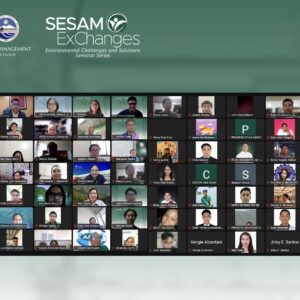SESAM Conducts Capacity Building Workshop on Mangrove Diversity and Carbon Stock Assessment for Local Government Officials
The School of Environmental Science and Management (SESAM) held a two-day workshop on mangrove diversity and carbon stock assessment last January 26-27, 2017 at the SEARCA Residence Hotel, UPLB. Representatives from several academic institutions, barangay officials and staff from the local government of Batangas City participated the event. The workshop was an off-shoot of a research project commissioned by the United States Agency for International Development (USAID) through its Building Low Emission Alternatives to Develop Economic Resilience and Sustainability Project (B-LEADERS).
Mangroves are salt tolerant trees that have adapted to living in salt and brackish water conditions. They vary in size from shrubs to tall trees and are found along sheltered tropical mudflats or wetlands or in association with estuaries and lagoons and may extend inland along rivers, streams, and their tributaries. In line with the country’s program on climate change mitigation, the potential of mangroves as highly efficient blue carbon sinks that sequester and store large quantities of carbon in standing stocks biomass and sediments for long time periods has been elaborated. In the long-run, the emergence of carbon markets and potential income that can be derived from carbon credits of mangroves has been an incentive to rehabilitate and conserve mangrove forests particularly among local government units.
Several professors were invited to serve as lecturers in this two-day workshop intended to inform, educate and communicate with the relevant stakeholders on the role of mangrove ecosystem in mitigating climate change specifically on carbon sequestration and in effect contribute to the development of its residents as citizen scientists capable of managing their mangrove forest. Dr. Maria Victoria Espaldon, professor at SESAM provided the participants a discussion on the basic concepts on Climate Change, adaptation and mitigation options. On the other hand, Dr. Dixon Gevaña, professor at the College of Forestry and Natural Resources (CFNR) of UPLB elaborated the potential of mangrove as a carbon sink. The details on mangrove structure and diversity and mangrove participatory mapping were discussed by Prof. Arthur Glenn Umali and Prof. Romnick Baliton, both faculty members of CFNR. Lastly, Dr. Rico Ancog, professor at SESAM, discussed some pointers on quantification and monetization approaches of several ecosystem services provided by mangroves.
After the workshop, participants have noted their improved appreciation on the various roles of mangrove ecosystems, and learned initial skills in conducting diversity assessment and carbon sequestration computation (Maria Rozan A. Ramirez).







